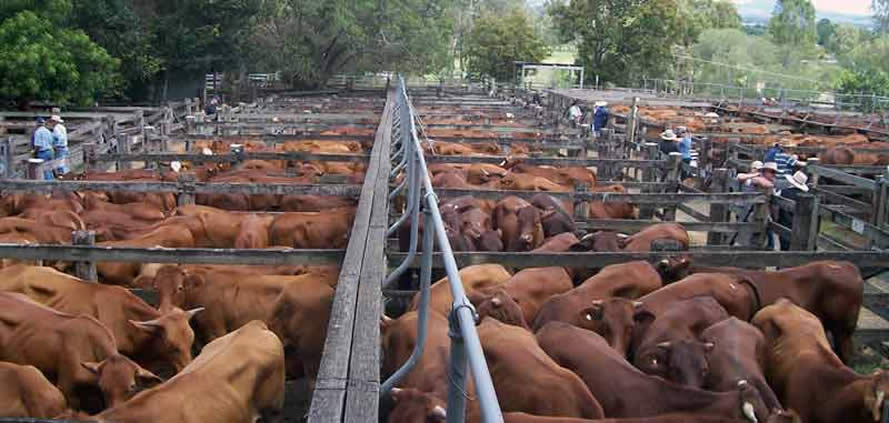
The Sunday News

Dumisani Nsingo, Senior Farming Reporter
THE decentralisation of cattle auction sales at the instigation of the Ministry of Agriculture, Mechanisation and Irrigation Development as one of the initiatives to control the spread of Foot and Mouth Disease (FMD) outbreaks has culminated in increased economic activity in communal areas, officials have noted.
Matabeleland North provincial veterinary officer Dr Polex Moyo said the decentralisation of cattle auction sales was not only going to bring the spread of FMD under control but was going to address various market disparities that affected communal farmers from obtaining value from trading in their animals.
He said centralised cattle auction sales mostly by CC Sales and Agric Auctions that were confined to Bulawayo only benefitted a few individuals involved in the beef sector at the expense of communal farmers who happen to be the biggest cattle producers.
The Ministry of Agriculture, Mechanisation and Irrigation Development called on the decentralisation of cattle auction sales last year following an outbreak of FMD in Midlands in 2014, which later spread into Matabeleland region where trade in cattle is most pronounced in the country.
“The biggest issue was also to do with the marketing of cattle. For example movement of cattle is a nightmare for most communal farmers because one has to take a veterinary officer and police details from the Anti-Stock Theft Unit to clear the animal and all these don’t have resources and one has to have a vehicle to ferry them and provide them with “lunch”.
“Eventually what transpired is that communal farmers were not able to sell their animals because of the cumbersome nature of marketing. Rural District Councils had to take over the auctions of the cattle but they didn’t have the capacity and farmers were left in the hands of the traders who somehow determined the price of the animal,” said Dr Moyo.
This skewed marketing nature, he added, benefited the traders or middlemen who took the cattle for direct slaughter or centralised sales at the expense of the farmers.
Dr Moyo said communal farmers are holding about 90 percent of the country’s cattle while 10 percent was held by commercial farmers.
He said communal farmers are still to benefit immensely from the decentralisation of cattle auction sales owing to the prevailing economic challenges as a result of shrinking disposable incomes and the liquidity crunch.
“Now communal farmers can actually walk their animals to cattle auction sales and if not happy with the price they take them back home. Though it might be good there have been macro-environment effects because of drought and farmers were forced to destock in numbers and there was an oversupply on the market leading to low prices.
“When the rains came we thought the prices would improve but there wasn’t enough disposable income and the shortage of cash made the situation worse. The prices are stabilising now and moved a little bit up but those in rural areas don’t have bank accounts and don’t even use plastic money which makes it difficult to conduct transactions,” said Dr Moyo.
He, however, said the decentralisation of the cattle auction sales was going to play a big part in ensuring rural development.
“Since we started decentralising cattle sales we have seen activity in most remote areas for instance in Gwanda (district), there is now an activity beef market there. We are even having cattle from Bulawayo being taken there.
“We are sending staff there on public health, something which didn’t happen before because there is now active slaughtering. It’s unfortunate we are operating under very difficult macro environment,” Dr Moyo said.
He said FMD outbreaks were easy to control if cattle sales are conducted in the locality.
“We will have little outbreaks that flare up and die there instead of them coming all the way from various areas and having the whole region condemned. People can now trade despite the outbreaks while yesteryear we wouldn’t do business because everyone would be affected.
“It’s not only decentralisation of cattle sales but it will also mean decentralised feedlotting and processing enabling us to market beef from those areas, which necessarily means the whole country can be able to export when they meet the necessarily requirements . . . ,” Dr Moyo said.
Twitter: @DNsingo



